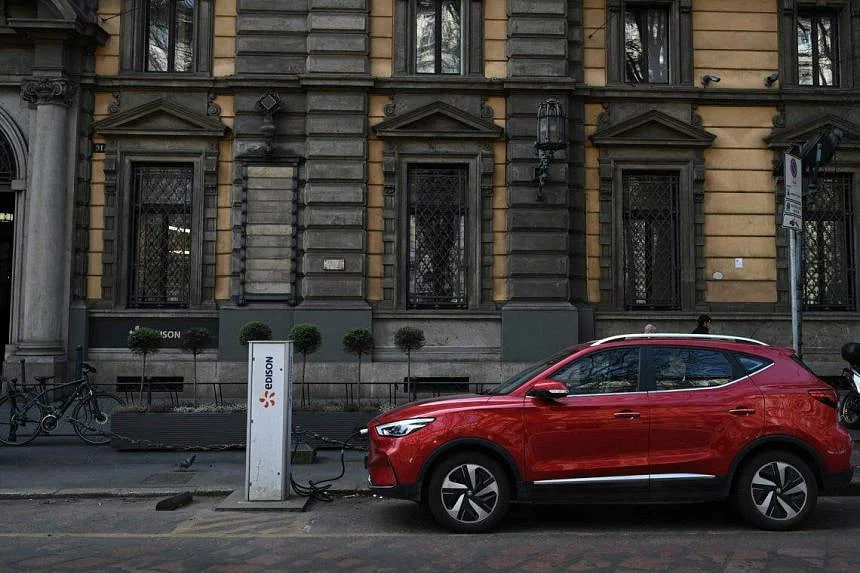Starting in 2035, the European Union will ban the sale of new cars with internal combustion engines, which are a source of carbon dioxide emissions, Reuters reports.

The European Union's energy ministers assigned final approval on Tuesday to legislation that will ban the selling of new CO2-emitting automobiles in the EU by 2035 after Germany gained an exemption for e-fuel vehicles.
The legislation has now come into effect. It will mandate that all new vehicles sold have zero CO2 emissions by 2035 and 55% lower CO2 emissions by 2030 compared to 2021 levels.
After Germany requested an exemption from the prohibition, the European Commission promised to submit extra regulations permitting sales of new combustion engine vehicles that only operate on e-fuels to continue after 2035.
The direction is clear: new cars and vans must emit zero emissions by 2035, said Frans Timmermans, the EU's climate director general.
The agreement opens up important opportunities for citizens in terms of climate-neutral and affordable mobility, said German Transport Minister Volker Wissing.
According to the information, this is a very important issue for Germany, because the country's automobile industry is the flagship of the local economy.
However, a full transition to electric vehicles may result in significant reductions in production capacity, as electric vehicles require far fewer components and spare parts than vehicles with internal combustion engines.
Porsche and Ferrari are said to be among the backers of electric fuel, which they see as a way to avoid heavy battery burdens on their cars.
Other automakers such as Volkswagen, Mercedes-Benz, and Ford are betting on battery electric vehicles to decarbonize.
Earlier, it was also reported that the sale of new cars running on gasoline will be banned in California from 2035.
Comments (0)